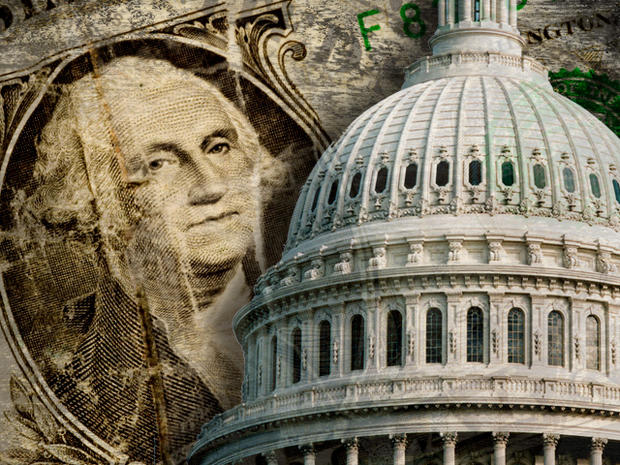Expert debunks claim U.S. corporate taxes are too high
The 35 percent statutory U.S. corporate tax rate is the highest in the world. But according to a paper published earlier this month by University of Southern California law professor Edward Kleinbard, many companies don't pay anywhere near that much due to the plethora of loopholes in the tax code.
Kleinbard's work was highlighted by the New York Times' Andrew Ross Sorkin in a column Monday, triggering a flood of social media buzz. Corporate taxation has become a hot-button issue as more U.S. companies have acquired foreign firms and then moved their headquarters overseas as a way to reduce their tax burden.
According to data from the General Accountability Office cited by Kleinbard, corporations on average paid 12.6 percent as of 2010.
"It is true of course that the federal corporate tax rate -- nominally, 35 percent -- is too high relative to world norms, and that the ersatz territorial system requires firms to waste money in tax planning and structuring, but effective marginal tax rates and overall effective tax rates reach the level of the U.S. headline rate only when firms studiously ignore the feast of tax planning opportunities laid out before them on the groaning board of corporate tax expenditures," he wrote in the 32-page paper.
Other tax experts have made the same point as Kleinbard. A report by the advocacy group Citizens for Tax Justice noted that 111 of the 288 companies it examined paid zero or less in federal taxes in at least one year from 2008 and 2012.
Critics of the U.S. tax code -- and there are many -- aren't convinced. American Tax Foundation Chief Economist Will McBride, argued that the GAO data that Kleinbard cites underestimates the taxes that corporations pay by 100 percent because it relies on data from a year where companies carried a high number of losses forward because business was hurt by the Great Recession.
Even when that unusual event is factored in, U.S. companies still pay too much in taxes with rates above 20 percent. Like many tax experts, McBride agrees there are too many loopholes in the codes though he doesn't fault the efforts of companies who lawfully try to minimize their tax burdens.
"You have to ask why there is so much of it going on," McBride says. "The big one is the manufacturing deduction that knocks off 3 points for manufacturers. ... Then there are all of the green energy credits which are completely over the top and do not belong in the tax code."
Unlike most countries in the world, the U.S. has adopted a territorial taxation system whereby companies have to pay U.S. taxes on their profits earned overseas. The paper takes aim at the idea that U.S. companies are placed at a competitive disadvantage because of the tax code and that high rates are to blame for the recent spate of inversions. These deals occur when U.S. companies acquire firms in lower tax countries and relocate their headquarters there to take advantage of lower rates.
President Obama has taken aim at inversions, denouncing the companies that use the strategy as unpatriotic. He supports efforts to lower the corporate tax rate and close loopholes, but figuring out which ones to close gets bogged down in political partisanship.
In his column, Sorkin urges readers to read the professor's "provocative paper" even if they disagree with him because it will "explain why corporate tax change will be so difficult to accomplish even with the backing of both Democrats and Republicans, who have routinely provided lip service to the idea of lowering rates, but taken no action."
